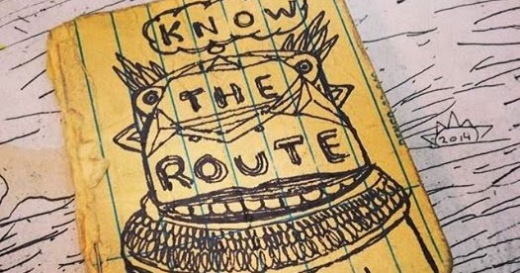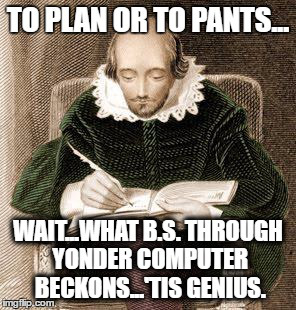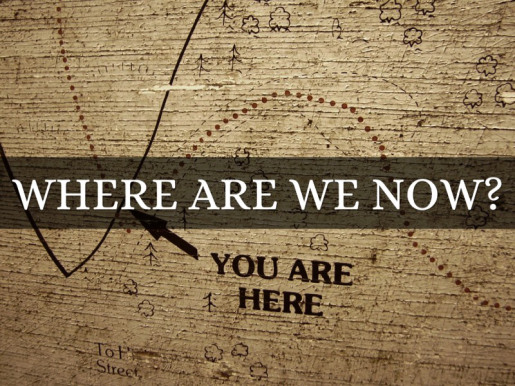You said that really there is no one inside us, there is only a void, an emptiness, but then why do you often call it the being, the center?
Being or non-being, nothing or all – they look contradictory but they both mean the same. All and nothing mean the same. In dictionaries they are opposites but in life they are not. Nobody understands. Look at it in this way: if I say that I love all, or if I say that I love no one, it means the same. If I love someone, then only is there a difference. If I love all, it means the same as loving no one. There is no difference then. The difference is always in degrees, relative. And these are both two extremes, they have no degrees: the total and the zero have no degrees. So you can call the total a zero, or you can call a zero the total. That’s why some enlightened persons have called the inner space emptiness, sunya, the void, nothingness, non-being, anatma – and some have called it the inner being, the absolute being, the Brahma, atma, the supreme self. These are the two ways to describe it. One is positive, the other is negative. Either you have to include all or have to exclude all – you cannot describe it with any term which is relative. An absolute term is needed.
Both the contradictory poles are absolute terms.
But there have been some enlightened persons who have remained totally silent. They have not called it anything, because whatsoever you call it – whether you call it being or non-being – the moment you give it a name, a term, a word, you have erred, because it includes both.
For example, if you say, “God is alive,” or “God is life,” it is meaningless, because then who will be death? He includes all. He must have death in him as completely as life, otherwise to whom will death belong? And if death belongs to someone else and life belongs to God – then there are two Gods, and then there will be many problems which cannot be solved. God must be both life and death. God must be both the creator and the destroyer. If you say God is the creator, then who is the destroyer? If you say God is good, then who will be evil? Because of this difficulty, Christians, Zoroastrians, and many other religions have created a Devil side by side with God, because to whom will the evil belong? They have created a Devil. But nothing is solved – the problem is only pushed one step back because then it can be relevantly asked, “Who has created the Devil?” If God himself creates the Devil, then he is responsible. And if the Devil is something independent, not related to God, then he himself becomes a God, a supreme power. And if God has not created the Devil, how can God destroy him? It is impossible. Theologians go on giving some answers to a question but that answer again creates more questions.
God created Adam, then Adam became evil. He was expelled. He disobeyed God and he was expelled from the heavenly world. It has been asked again and again, and relevantly, why did Adam become evil? The possibility must have been created by God in him – the possibility to be evil, to go wrong, to disobey. If there was no possibility, no inherent tendency, then how could Adam go wrong?
God must have created the tendency. And if the tendency for evil was there, another thing is also certain: the tendency to overcome it was not so strong. The tendency to fight it was not so strong. The evil tendency was stronger. Who created this strength? No one except God can be responsible. Then the whole thing seems to be a hoax. God creates Adam: he creates an evil tendency in him, a strong evil tendency which he cannot control; then he goes wrong; then he is punished. God should be punished, not Adam! Or, you have to accept that some other force exists side by side with God.
And that other force must be stronger than God, because the evil can tempt Adam and God cannot protect him. The Devil can provoke and seduce and God cannot protect. The Devil seems to be a stronger God.
There is a church, recently born in America, called the church of Satan, the church of the Devil. They have a high priest, just like the pope of the Vatican. And they say that history proves that the real God is the Devil. And they look logical. They say, “Your God, the God of good, has always been defeated, and the Devil has always been the victorious. The whole of history proves it. So why worship a weak God who cannot protect you? It is better to follow a strong God who can seduce you but who can protect you also – because he is stronger.” The church of the Devil is now a growing church. And they seem logical. This is what history proves.
This duality – to save God from the negative pole – creates problems. In India we have not created the other pole. We say God is both: the creator and the destroyer, the good and the bad. This is difficult to conceive of because the moment we say “God” we cannot conceive of him being bad. But in India we have tried to penetrate the deepest mystery of existence – that is, oneness. Somehow, good and bad, life and death, negative and positive, meet somewhere, and that meeting point is existence, oneness. What will you call that meeting point? Either you will have to use a positive term, or a negative one, because we don’t have any other terms. If you use positive terms, then you call it “Being” with a capital B – God, Absolute, Brahma. Or if you want to use s negative term, then you call it nirvana, nothingness, sunya, non-being, anatma. Both indicate the same. It is both and your inner being is also both. That is why sometimes I call it being, and sometimes I call it non-being. It is both. It depends on you. If the positive appeals to you, then call it being. If the negative appeals to you, then call it non-being. It depends on you. Whatsoever feels good, whatsoever you feel will give you maturity, growth, evolution, call it that.
There are two types of persons: one who cannot feel any affinity with negativity and the other who cannot feel any affinity with the positive. Buddha is the negative type. He cannot feel affinity with the positive, he feels affinity with the negative. He uses all negative terms. Shankara doesn’t feel affinity with the negative. He talks about the ultimate reality in positive terms. Both say the same thing. Buddha calls it sunya, and Shankara calls it Brahma. Buddha calls it the void, nothing, and Shankara calls it the Absolute, the All. But they are saying exactly the same thing.
Ramanuja, one of Shankara’s greatest critics, says that Shankara is just a hidden Buddhist. He is not a Hindu, he only appears to be because he uses positive terms. That is all the difference there is. Wherever Buddha says nothing, he says Brahma – all else is the same. Ramanuja says that Shankara is the great destroyer of Hinduism because he has brought Buddhism in from the back door by just using a trick – wherever a negative term is used, he uses a positive term, that’s all. He calls him a Prachhana-Bouddha, a crypto-Buddhist. And he is right in a way because there is no difference. The message is the same.
So it depends on you. If you feel an affinity with silence, nothingness, then call that great being Emptiness. If you don’t feel an affinity, if you feel afraid, then call that emptiness The Great Being.
But then your techniques will be different. If you feel scared with emptiness, aloneness, nothingness, then the four techniques I talked about last night will not be of much use to you. Forget them. There are other methods about which I have been talking. Use positive techniques.
But if you are ready and have the courage to be supportless, to move into emptiness, alone, ready to cease completely, then these four techniques will help you tremendously. It depends on you.
-OSHO
From The Book of Secrets, Chapter 80
Copyright© OSHO International Foundation

An MP3 audio file of this discourse can be downloaded from Osho.com, or you can read the entire book online at the Osho Library.
Many of Osho’s books are available online from Amazon.com and in the U.S. from OshoStore-Sedona and Osho Here and Now.
Share this:- More





